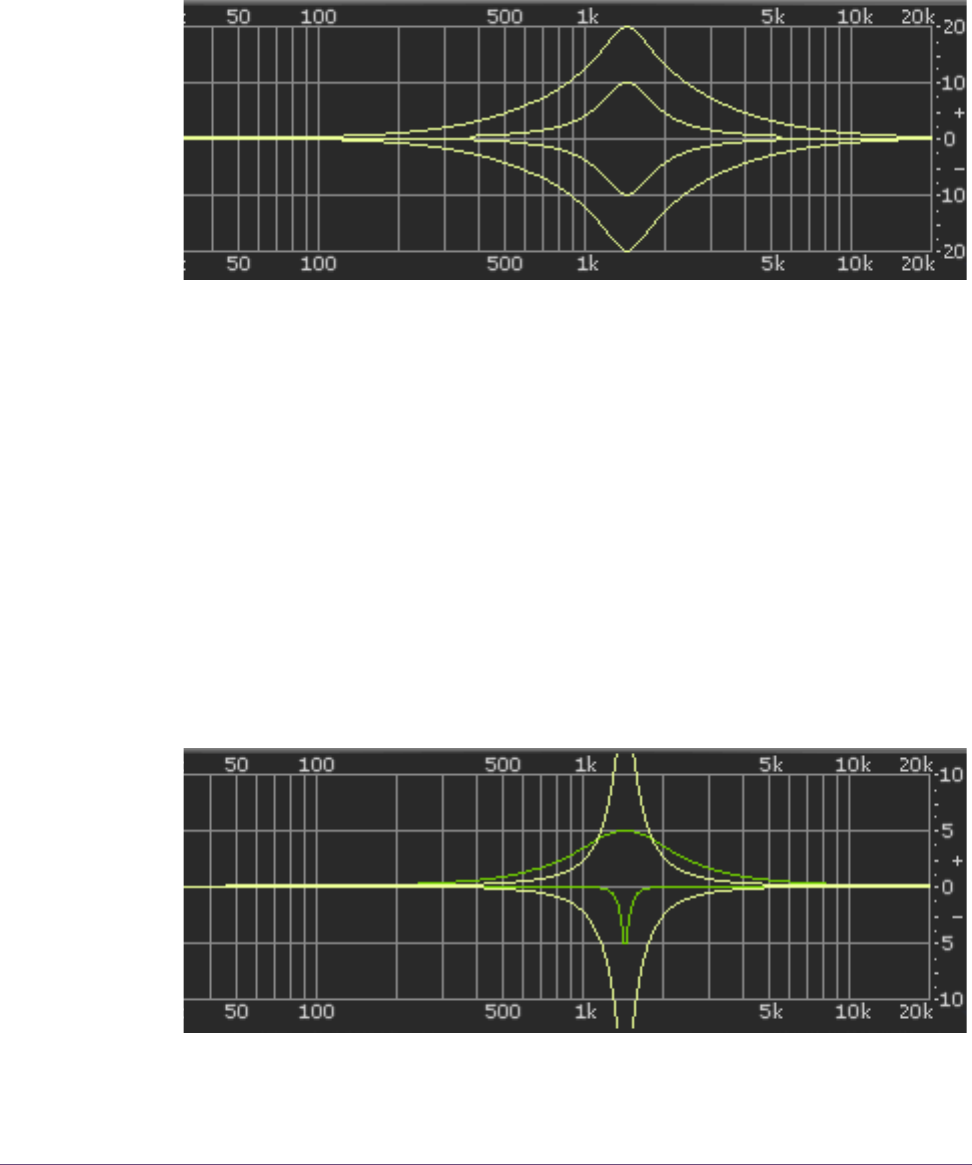User Manual
Table Of Contents
- UAD Powered Plug-Ins
- Introduction
- UAD Installation
- Overview
- QuickStart DVD
- System Requirements
- Supported Hosts
- Latest Information & Software Updates
- UAD Software Installation
- Install Software First
- UAD Hardware Installation
- Authorization
- Authorize Plug-Ins Procedure
- Load Authorization File
- Offline Authorization
- Using Unlicensed Plug-Ins
- Verifying Installation
- Learn More
- Software Removal
- UAD System Overview
- My.uaudio.com
- Using Multiple UAD Cards
- UAD Meter & Control Panel
- Overview
- Launching the UAD Meter & Control Panel Application
- Using the UAD Meter
- UAD Meter Elements
- UAD Control Panel
- System Information Panel
- Plug-Ins Panel
- Configuration Panel
- Help & Support Panel
- Using UAD Powered Plug-Ins
- Tempo Sync
- UAD Delay Compensation
- UAD-Xpander & UAD-Xtenda
- LA-2A and 1176LN
- LA-3A Compressor
- Fairchild 670
- Precision Multiband
- Precision Limiter
- Precision Buss Compressor
- Neve 33609 Compressor
- VCA VU
- Neve 88RS Channel Strip
- CS-1 Channel Strip
- Precision Equalizer
- Cambridge EQ
- Pultec and Pultec-Pro
- Neve 1073 Equalizer
- Neve 1081 Equalizer
- Helios Type 69 Equalizer
- Roland CE-1
- Roland Dimension D
- Roland RE-201
- RealVerb Pro
- DreamVerb
- Plate 140
- Precision Maximizer
- Precision De-Esser
- Precision Enhancer kHz
- SPL Transient Designer
- Nigel
- Introducing Nigel
- Preflex Plug-in
- Preflex Modules
- Gate/Comp Module
- Amp Module
- Amp Controls
- Cabinet Module
- Phasor Module
- Mod Filter Module
- TremModEcho plug-in
- Trem/Fade Module
- Mod Delay Module
- Echo Module
- Moog Multimode Filter
- History
- Index

UAD Powered Plug-Ins Manual - 206 - Chapter 22: Cambridge EQ
Type I When set to Type I, the bandwidth remains at a fixed Q regardless of the gain
setting for the band; there is no Q/Gain interdependency. In addition, there
is a finer resolution of the Q knob in the middle of its range. This makes it eas-
ier to achieve subtle bandwidth changes. Note that the Q value and knob po-
sitions do not change as the gain is modified. See Figure 61
.
Type II When set to Type II, there is a Q/Gain dependency on boost. The bandwidth
increases continuously as the gain is boosted, but not when attenuated. The
Q knob position determines the maximum Q at full gain.
Filter bandwidth is broader at lower boost settings and narrower at higher
boost settings. This can produce a smoother, more natural response when
boosting filter gain.
Note that the Q value increases as gain is boosted but the knob position does
not change The Q value is approached as gain increases, and reaches the
knob position at maximum gain. See Figure 62.
Figure 61. Parametric Type I response
Figure 62. Parametric Type II response










